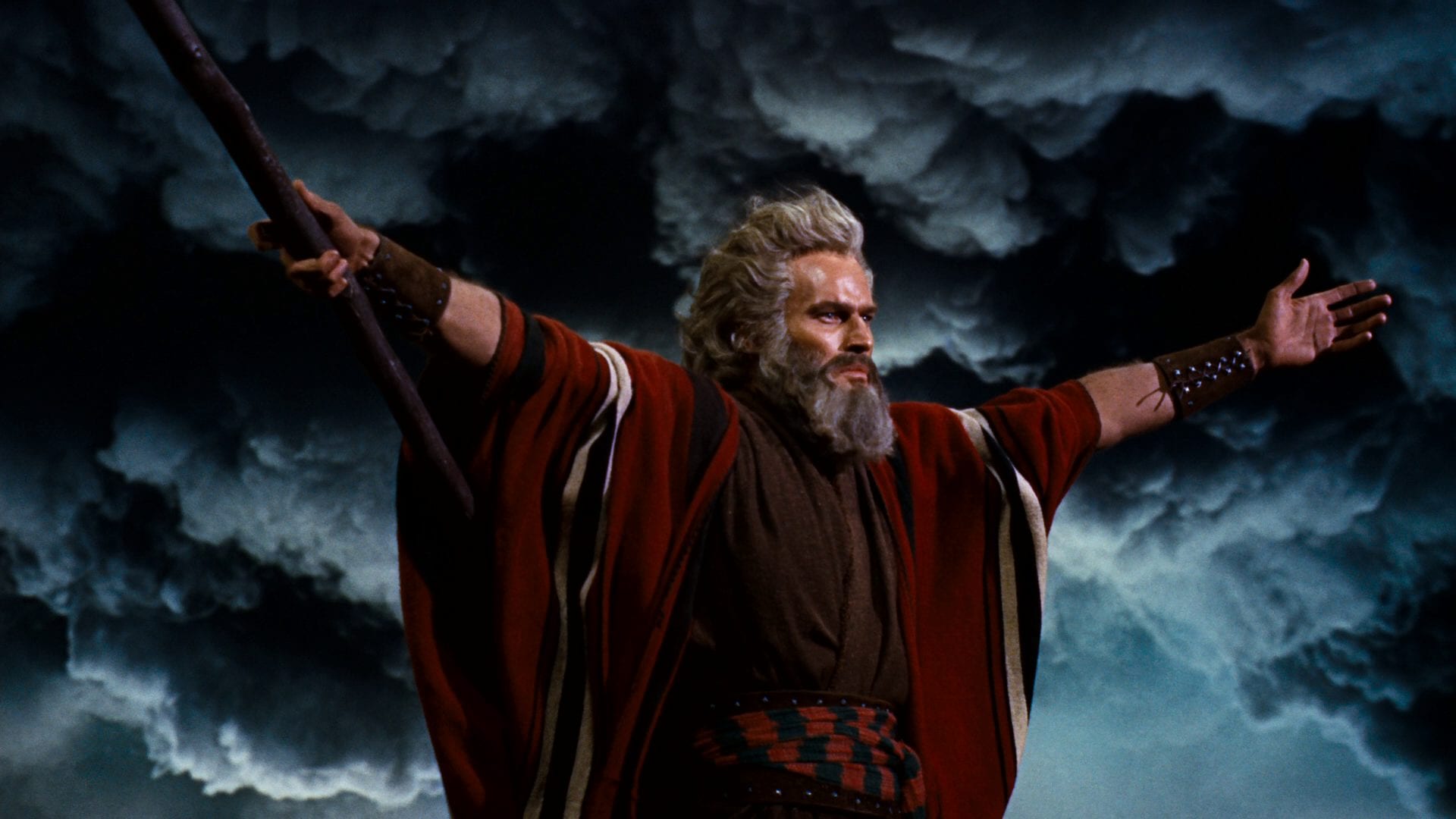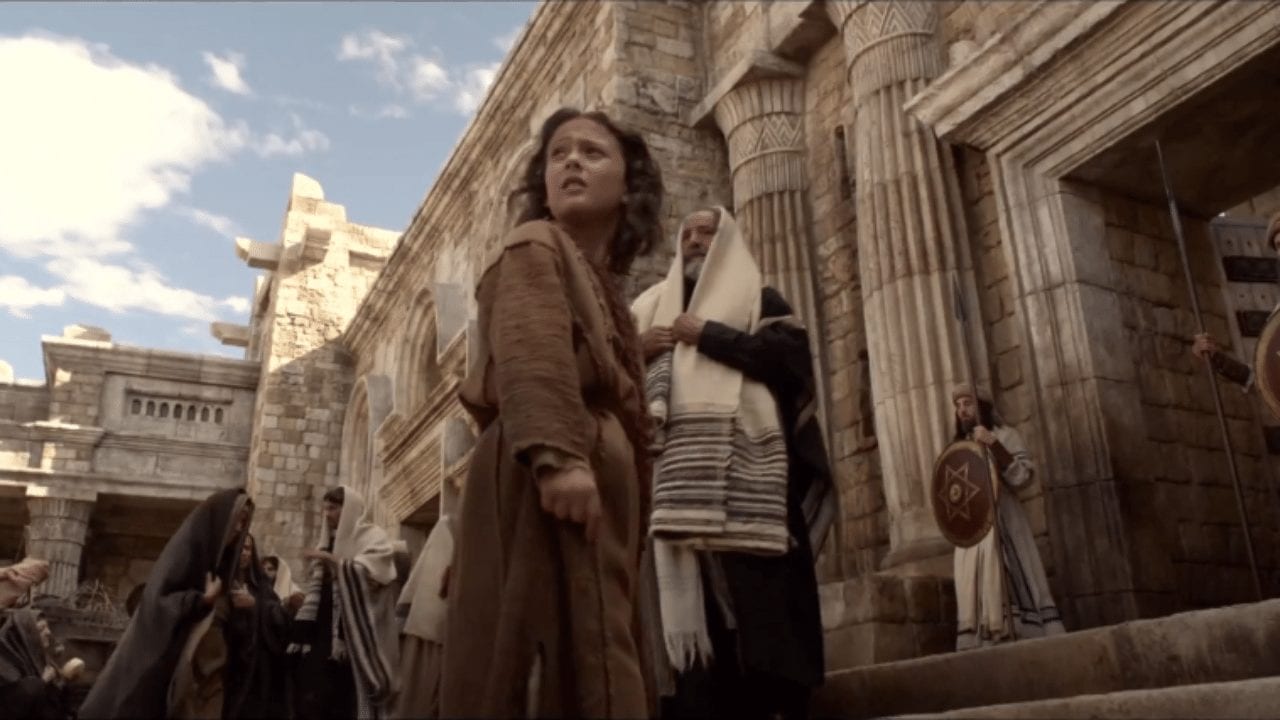
Is THE TEN COMMANDMENTS an Easter Movie?
Director Cecil B. DeMille’s ultimate masterpiece and final film The Ten Commandments, which received a beautiful new 4K UHD Blu-ray release this week, has long been considered an Easter favorite. Since the 1970s, the film has been a television staple for the season. That tradition continues to this day, as the film airs tonight on…


